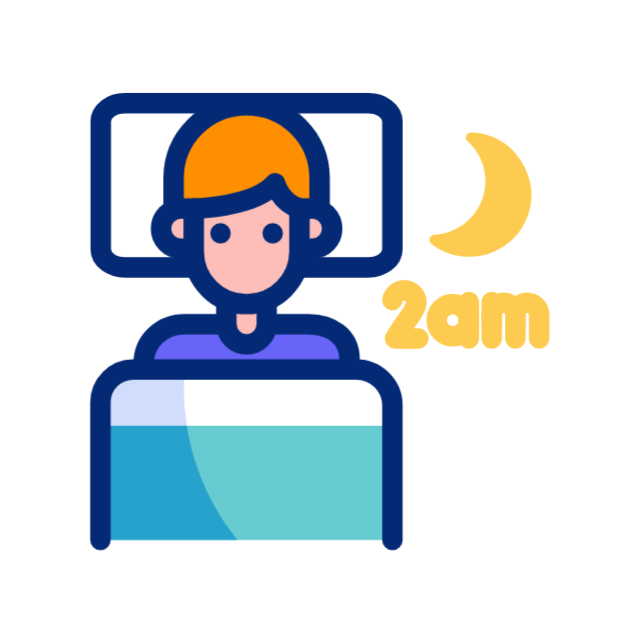Better Sleep,
Better Life
Sleep is the foundation of your health, affecting everything from your mood and focus to your relationships and well-being. Yet, millions struggle with sleep disorders that go undiagnosed, impacting their daily lives.

Our Vision
At SSM, we are committed to delivering compassionate, high-quality care that empowers each patient on their journey to restful sleep and lasting well-being. Through personalized, evidence-based treatments and a holistic approach to physical, mental, and emotional health, our experienced team fosters a supportive environment built on trust, healing, and long-term health.

What We Do
We specialize in diagnosing and treating sleep disorders with evidence-based medical and therapeutic solutions designed to restore healthy sleep patterns. Our team of experienced professionals takes a holistic approach, addressing the physical, mental, and emotional aspects of sleep health to help you wake up refreshed and energized.
the sleep blog
You spend at least one quarter of your life sleeping. Shouldn’t you be doing it right? As an adult, you need 7-8 hours of sleep per night. When you do not get enough sleep time, your body creates a “sleep-debt” and will demand that debt to be repaid eventually. Over time, your body may get used to this deprivation but your judgment, reaction time and other functions will still be impaired.
Sleep and sleep-related problems play a role in a large number of human disorders and affect almost every field of medicine. At least 40 million Americans each year suffer from chronic, long-term sleep disorders each year, and an additional 20 million experience occasional sleeping problems. These disorders and the resulting sleep deprivation interfere with work, driving, and social activities.
- Does a messy bedroom affect sleep? Sleep experts give us the definitive answer

- 5 tips for getting through the holidays with sleep apnea

- Is the turkey making you sleepy? Or is it sleep apnea?

- Teacher’s guide to sleep – and why it matters

- How Sleep Apnea Affects The Eyes

- 5 Tips to Beat Summer Insomnia, According to a Sleep Expert




